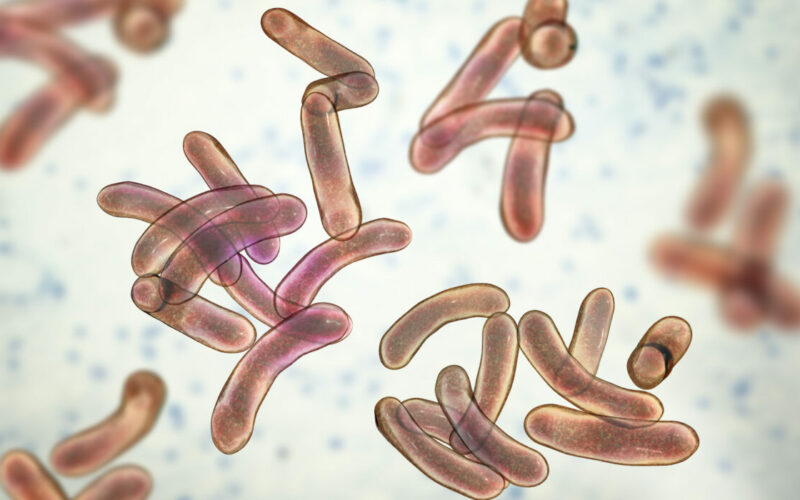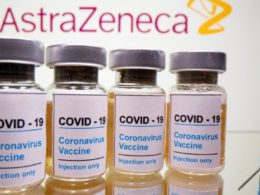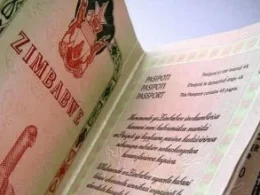By Lance Mpofu
Should locals be worried about the upsurge of global cholera cases reported by WHO? According to the World Health Organisation (WHO), cholera cases are on the rise across the world, a development which they say is of great concern.
WHO says in the first nine months of this year alone, 27 countries have reported cholera outbreaks. Their data shows that the average case fatality rate so far this year is almost three times the rate of the past five years.
Should locals be worried?
Given the current water crisis bedevilling Bulawayo, locals should be worried and should take extra precautions to safeguard their health.
WHO says “cholera transmission is closely linked to inadequate access to clean water and sanitation facilities.”
In Zimbabwe, the last cholera outbreak reported in 2018 during a serious water crisis period, claimed more than 4,000 lives and it was largely attributed to the consumption of contaminated water and food.
Although the last outbreak was four years ago, a series of diarrhoea outbreaks have been harassing Bulawayo residents in the past years with the last outbreak reported in July this year.
Bulawayo City Council has attributed these outbreaks to the use of contaminated water which residents collect from unsafe sources during water-shedding periods.
Cholera and cholera symptoms according to WHO
Cholera is an acute diarrhoeal infection caused by ingestion of food or water contaminated with the bacterium Vibrio cholerae causing severe diarrhoea, dehydration that can advance to shock and seizures.
It takes between 12 hours and 5 days for a person to show symptoms after ingesting contaminated food or water.
Cholera affects both children and adults and can kill within hours if untreated.
Symptoms
- profuse watery diarrhoea
- vomiting.
- thirst.
- leg cramps
- restlessness or irritability
Preventive measures
- Drink and use safe water for cooking
- Boil water for drinking
- Treat your drinking water with chlorine granules or tablets
- Avoid unlicensed, visibly unclean food premises
- Always wash your hands thoroughly with soap and clean water after using the toilet
- Provision of safe water and sanitation is critical to prevent and control the transmission of cholera
- Oral cholera vaccines should be used in conjunction with improvements in water and sanitation to control cholera outbreaks and for prevention in areas known to be high risk for cholera
Treatment
One should seek professional medical assistance after encountering or suspecting cholera symptoms.
WHO Director-General, Dr Tedros Adhanom Ghebreyesus says: “Although cholera can kill within hours, it can be prevented with vaccines and access to safe water and sanitation, and can be treated easily with oral rehydration or antibiotics for more severe cases.”








